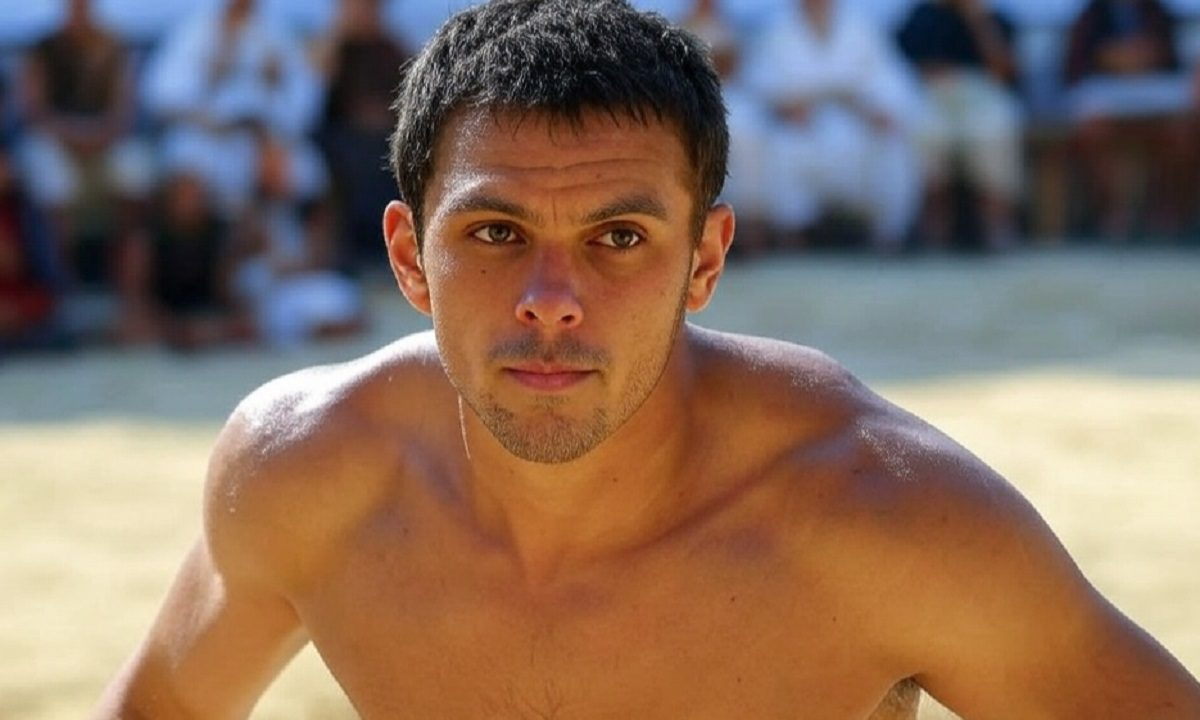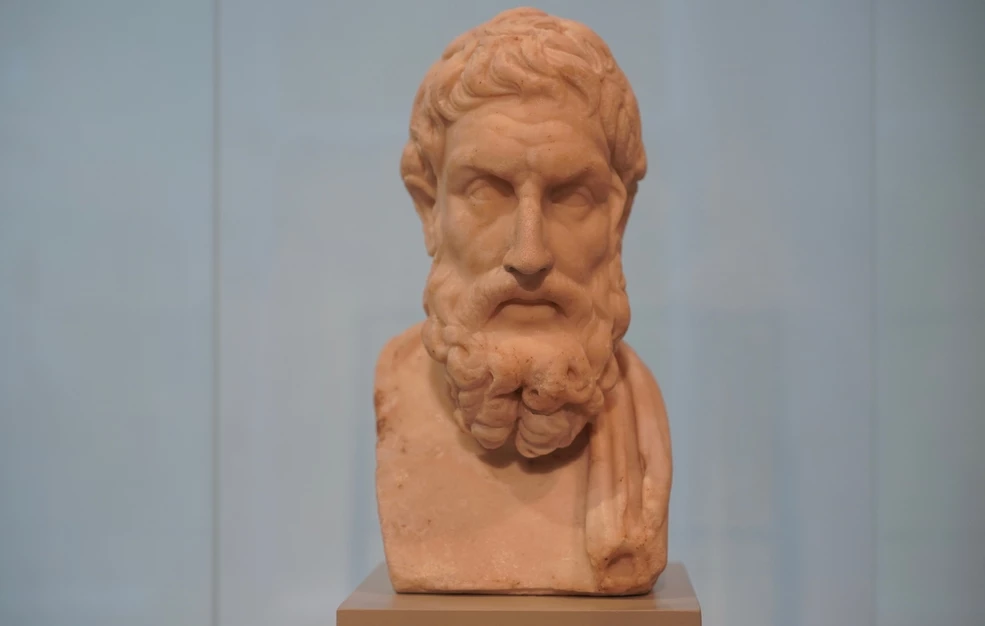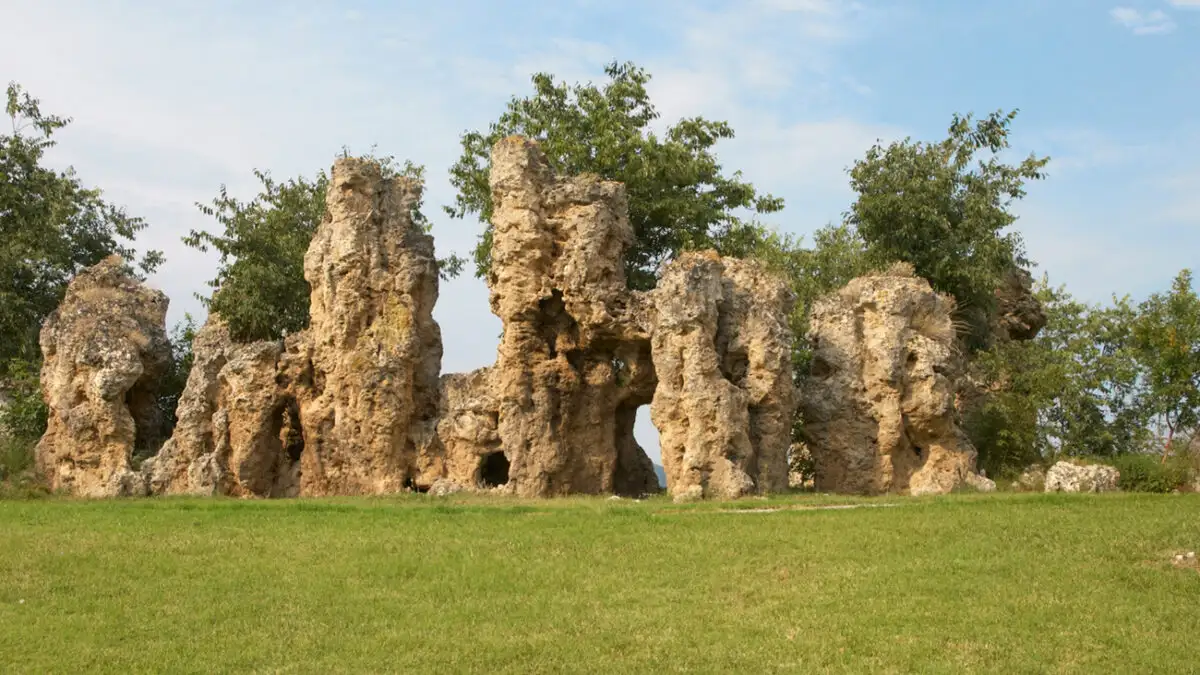When the Roman Empire expanded into Greece, it didn’t just conquer land—it inherited a legacy of elite athletes skilled in brutal, hand-to-hand combat. Among them were the pankratiasts and boxers of ancient Greece, some of whom would go on to dazzle Roman crowds in the Colosseum, becoming famous—and wealthy—gladiators.
Greek Athletes in the Roman Arenas
There is strong historical evidence that Greek athletes, especially those trained in pankration (a fierce blend of boxing and wrestling), competed as gladiators in Roman arenas. Some fought voluntarily, drawn by the promise of wealth and glory, while others were prisoners of war or forced into the ring.
The Roman satirist Juvenal wrote, “Greek athletes who once earned glory at Olympia now fight for the amusement of the Romans.” His words reflect a striking reality: champions of the sacred Olympic Games were now entertainers in blood-soaked arenas.
Pankration: The Ultimate Combat Art
Pankration was so violent and effective that it often drew comparisons to the gladiatorial combat itself. The Romans were deeply impressed by the technique and ferocity of the Greek fighters, adopting pankration-style training for their own gladiators.
Many elite Greek athletes were already trained to fight without weapons, making them ideal candidates for the arena. Their skill set, honed in gymnasiums and pan-Hellenic festivals, was easily adapted to gladiatorial combat.
From Olympians to Gladiators
Some pankratiasts were lured into the arena with promises of fame and riches. Others, taken captive during wars or enslaved, had little choice. But once in the arena, their prowess stood out.
Notable figures include:
Kallias of Rhodes, reputed to be one of the fiercest pankratiasts of his time, who likely competed in Roman spectacles.
Kleitos of Rhodes, said to have been invited to fight in Roman arenas following his victories in Greek competitions.
Greek Influence on Roman Gladiators
Greek expertise didn’t just fill the ranks of the gladiators—it shaped their training. Roman gladiators were often trained by Greek pankratiasts, whose mastery of unarmed combat was unmatched. Their influence left a lasting imprint on Roman fighting styles.
In the fusion of Greek athleticism and Roman spectacle, a new kind of hero emerged—one who fought not just for honor, but also for survival, wealth, and applause. These were the Greek warriors of the arena: champions turned gladiators, legends reborn under Roman rule.









